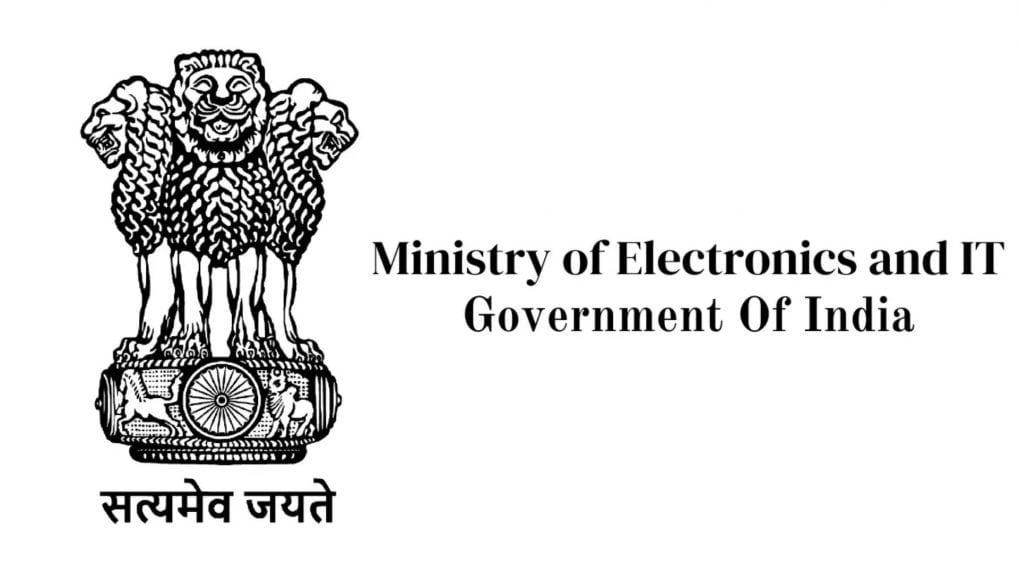MeitY consults gaming industry; stakeholders raise red flags over ‘stakes’ definition
The groups also recommended establishing a Social Games Advisory Council with majority industry representation, and aligning India’s terminology with global standards by gradually integrating “online social games” under the broader “video games” category to avoid international confusion.
ADVERTISEMENT
On Monday, key industry stakeholders from India’s rapidly growing video gaming and online money gaming sectors met officials from the Ministry of Electronics and Information Technology (MeitY) to discuss the draft rules for the Promotion and Regulation of Online Gaming Act, 2025.
The meeting, chaired by MeitY Secretary S. Krishnan, saw active participation from major industry associations including the Game Developers Association of India (GDAI), All India Gaming Federation (AIGF), Federation of Indian Fantasy Sports (FIFS), E-Gaming Federation (EGF), and IndiaTech.
Officials responded to a wide range of concerns raised by stakeholders, including the definition of “stakes”, registration processes for social games, the scope of “material changes” that trigger re-registration, grievance redressal mechanisms, and compliance burdens on developers. The stakeholders will now submit contentions related to the rules which requires urgent attention regarding the definitions.
The definition of “stakes” emerged as the central point of debate during the discussions. Under the Act’s current wording, “other stakes” include coins, tokens, credits, and virtual objects purchased in a game. Industry representatives warned that this broad and ambiguous language risks conflating standard video games with real-money gaming, potentially subjecting legitimate developers to enforcement actions.
Developers cited popular titles such as Angry Birds, Subway Surfers, and Minecraft as examples of games that allow users to purchase virtual items or upgrades — often referred to as “cash-in” transactions — but do not permit any withdrawal, redemption, or conversion to real-world value.
“This lack of clarity could lead to misclassification of harmless entertainment games as money games, exposing them to inappropriate regulation,” one association representative said after the meeting. “It would create significant uncertainty for thousands of Indian game developers and studios.”
To address this, stakeholders proposed that the Act adopt a clear and internationally aligned definition of “online social games”:
“Online social games shall mean digital and online games made available either at a cost or no upfront cost, which may allow users to purchase virtual items, features, or enchantments (‘cash-in’) but which strictly prohibit withdrawal, redemption, or conversion of any such virtual item into cash, monetary value, or real-world goods or services.”
This formulation, they argued, would clearly distinguish closed-loop virtual economies—a cornerstone of most mainstream video games—from online money games that involve monetary stakes and withdrawals. The industry stressed that aligning with global best practices is essential to prevent overreach and provide regulatory certainty.
Beyond “stakes,” stakeholders also pointed to ambiguities in the definition of “material change”, which under the draft rules could force developers to re-register their games even for minor updates such as bug fixes or UI improvements. This, they argued, would create unnecessary administrative bottlenecks, particularly for small studios operating live games that are updated frequently.
On grievance redressal, the industry suggested that existing app store mechanisms (Apple, Google, Steam, Xbox, PlayStation) be accepted as sufficient for most developers, instead of imposing standalone grievance officer requirements on all studios. They proposed applying additional requirements only to companies above a revenue threshold of ₹100 crore.
The industry’s concerns extended to regulatory overreach through broad definitions of terms such as “stake” and “harm,” as well as preemptive enforcement powers under Sections 12 and 13 of the Act. Stakeholders warned that uncertainty and subjective interpretation could discourage companies from incorporating or retaining IP in India, pushing them to relocate to jurisdictions with clearer and more predictable rules.
The groups also recommended establishing a Social Games Advisory Council with majority industry representation, and aligning India’s terminology with global standards by gradually integrating “online social games” under the broader “video games” category to avoid international confusion.
Stakeholders emphasized that India’s video gaming industry is poised to become a global hub if regulation is light-touch, predictable, and proportionate. They highlighted the cultural and educational value of social games, their potential for export growth, job creation, and IP ownership within India.
“Clarity in the definition of stakes is not a mere technical issue — it determines whether India will be a global leader in video games or remain a back office,” a developer association representative said. “A balanced regulatory approach can help India retain innovation, investment, and IP creation within its borders.”
Read More: Govt launches consultation on Online Gaming Act 2025; MeitY to keep feedback private
Read More: Online Gaming Bill wipes out up to ₹4,000 crore in ad spends; 25% of IPL revenue at risk


